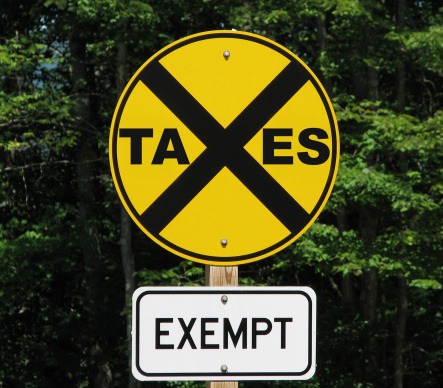The Spoils of War – Big Time Tax Increases for 2013
The mêlée at the edge of the fiscal cliff is over and the Democrats have scored a decisive victory.
The battle lines were simple: Democrats wanted to raise taxes while Republicans wanted to cut spending. When the fighting was over, tax revenues were up by $620 billion against only $15 billion in spending cuts…a massacre if there ever was one.
And you can be sure there are hidden landmines and random scud missiles on the way – in the form of concessions on unemployment insurance, Social Security, FICA, et al and the inheritance tax. When taken in total, revenues may be increased by as much as $800 billion.
As it stands today, the fiscal cliff deal resulted in $1 dollar of spending cuts for every $41 in tax increases…possibly the most one sided victory since the Battle of Little Bighorn in 1876. By comparison, when President Ronald Regan increased taxes, he secured $3 in spending cuts for every $1 in tax hikes. When George H. Bush was at the helm, he negotiated $2 in spending cuts for every $1 in tax hikes.
Most of the casualties in this battle royale are individuals with incomes over $400,000 and couples making over $450,000, but there will be significant pain and suffering for those with incomes as low as $250,000.
I also note that any hope of a tax system which treats married couples and single persons with some level of equality was blown to hell. Two single persons could earn $800,000 combined before being smashed by the tax hikes, compared to only $450,000 for a married couple.
Here are the casualties by the numbers:
- Tax rates will shoot up to 39.6 percent from 35 percent for individual incomes over $400,000 and couples over $450,000.
- Tax rates on dividends and capital gains would also rise, to 20 percent from 15 percent, on income over $400,000 for single people and $450,000 for couples.
- Personal exemptions and deductions will be phased out, beginning at single people earning $250,000 and $300,000 for couples.
- The estate tax will increase, but less than Democrats had wanted. The value of estates over $5 million will be taxed at 40 percent, up from 35 percent. Democrats had wanted a 45 percent rate on inheritances over $3.5 million.
Under the deal, these new rates on income, investment and inheritances are permanent.
Among all of the explosions and cries of anguish, there was good news for the American abroad: The Foreign Earned Income Exclusion survived, and even got a little bump up for the cost of living. If you are living and working abroad, you can earn $97,600 in 2013, up from $95,100 in 2012.
Also, the self-employed Expat can avoid the Unemployment, Social Security and FICA tax increases (also called self-employment taxes) by incorporating offshore and qualifying for the FEIE. By operating your business through an offshore corporation, you might eliminate these taxes completely, a savings of about 15%.
But be careful: the 2013 tax increases and phase-outs will apply to any ordinary income over $97,600 and all passive / investment income.
Because the tax brackets ignore the FEIE, and Expats are taxed on their worldwide capital gains (now at 20% rather than 15%), many higher earning Americans abroad will be shocked by their 2013 tax bill. For additional information on these issues, please see: http://premieroffshore.com/offshore-tax-international-tax/
For the self-employed, there are a number of planning opportunities. For example, you can retain earnings over the FEIE amount in your offshore corporation or utilize a Solo 401-K to shelter income in a retirement plan.
For the investor, you can make tax advantaged investments offshore through your IRA and thumb your nose at the 20% short term capital gains tax. In fact, there are a number of tax advantages for the sophisticated offshore IRA investor – just ask Mitt Romney.
As tax rates go up, so does the need for competent tax and business advice. I strongly recommend you contact your international advisor as early as possible this year to develop a plan of action.
And remember, so long as you hold a U.S. passport, you must file Federal returns and abide by these laws. Regardless of which country you call home, make sure your global tax plan is approved by a U.S. tax expert.
For additional information on this article, or for a free international tax consultation, please contact us at info@premieroffshore.com or call (619) 483-1708.









